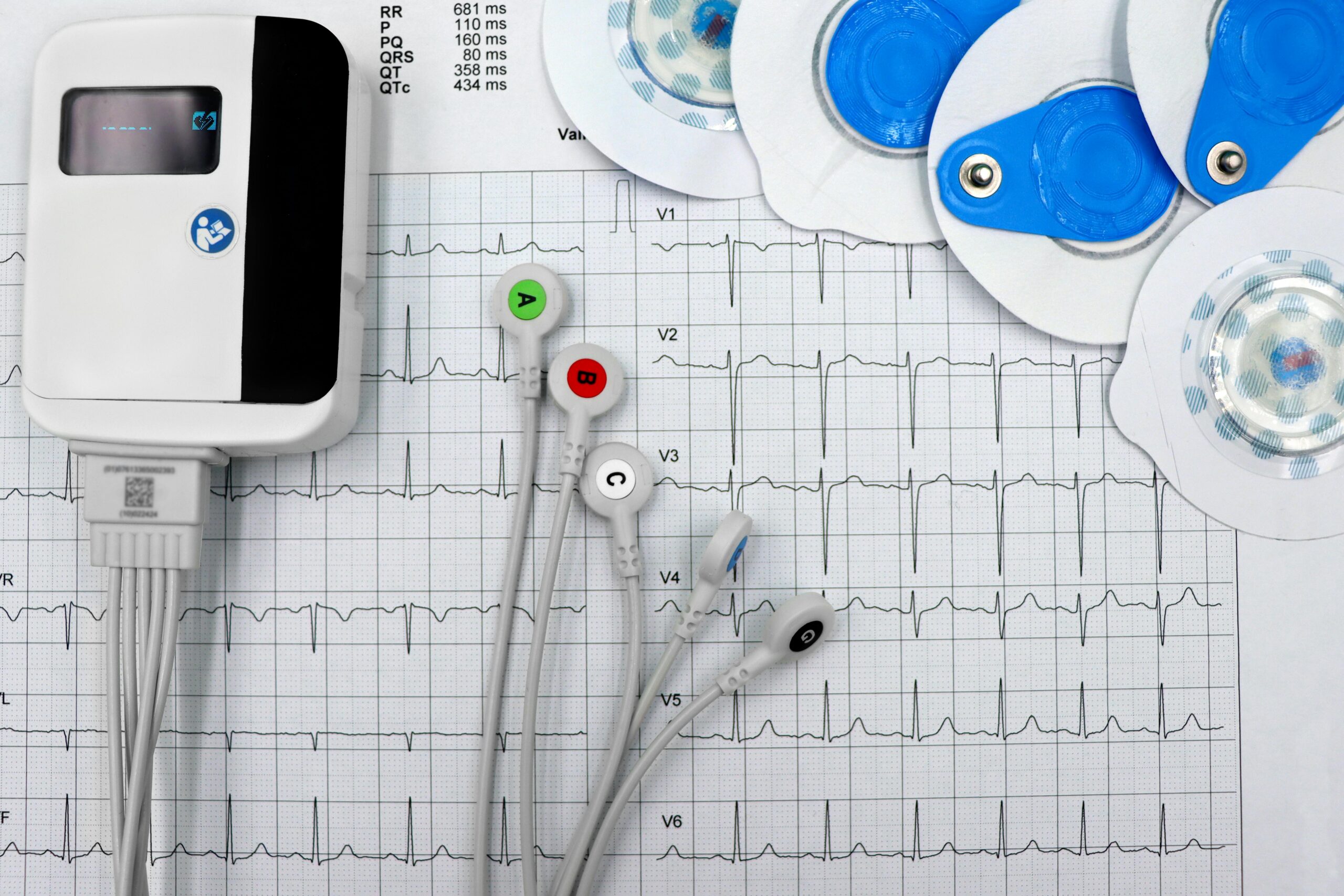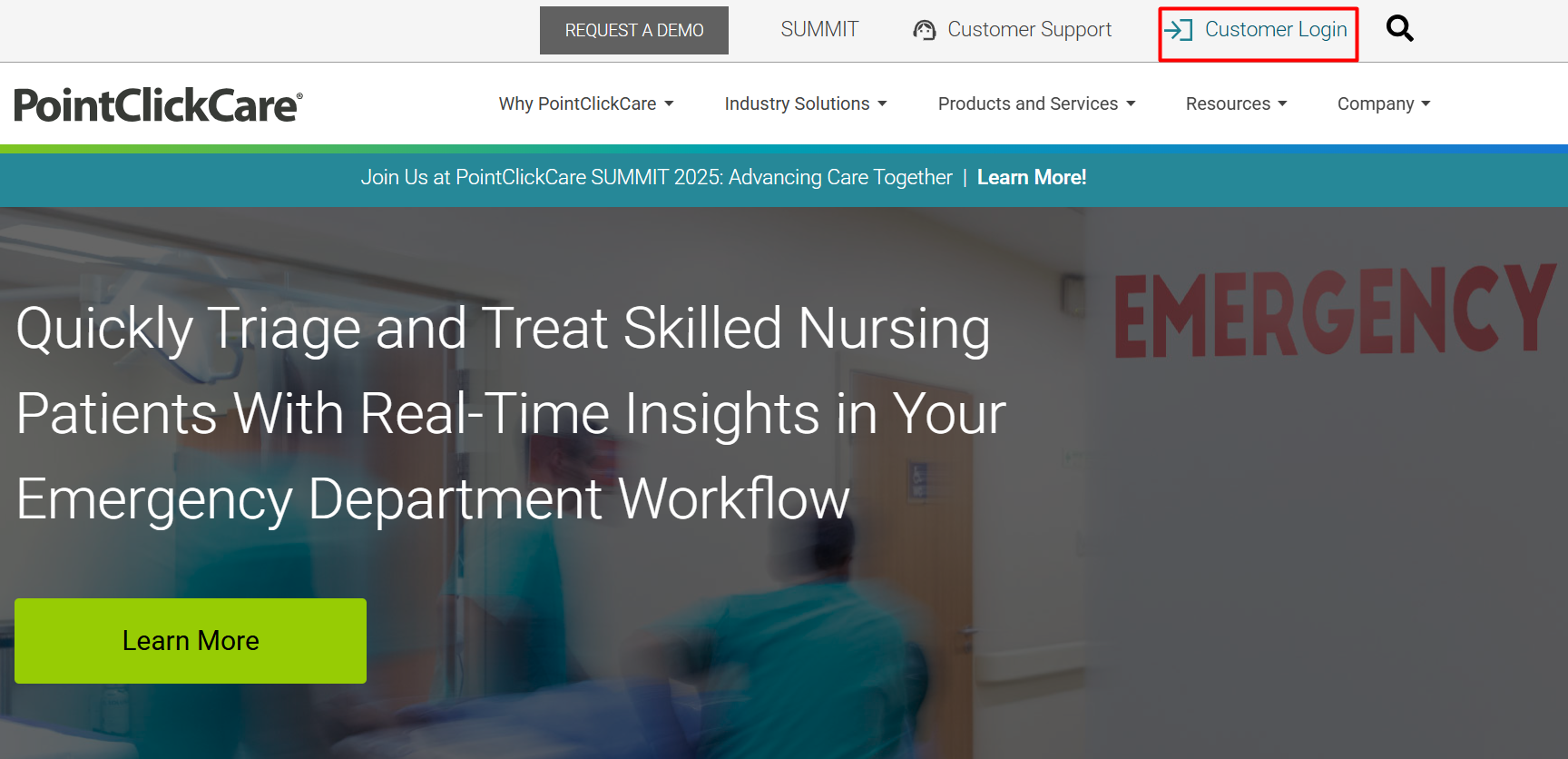Artificial Intelligence (AI) is transforming healthcare by helping doctors make faster and more accurate medical diagnoses. These advanced tools analyze medical images, patient histories, and lab results to detect diseases earlier, suggest treatment plans, and reduce human error.
From cancer detection to heart disease prediction, AI is becoming a trusted partner for physicians worldwide. Below, we explore 10 cutting-edge AI tools doctors use for medical diagnoses and how they are improving patient outcomes.
Why AI in Medical Diagnoses Matters
Before diving into the list, it’s important to understand why AI is crucial in healthcare.
- Early Detection – AI can spot tiny anomalies in scans that the human eye might miss.
- Accuracy – Reduces diagnostic errors by cross-checking millions of medical cases.
- Efficiency – Saves time by automating repetitive analysis.
- Personalization – Suggests tailored treatment plans based on patient data.
Benefits of Using AI for Diagnoses
Faster results → Critical for emergency cases.
Cost-effective care → Reduces unnecessary tests.
Improved access → Helps underserved areas with AI-powered mobile tools.
Consistent accuracy → Standardizes diagnosis across hospitals.
Top 10 AI Tools Doctors Use For Medical Diagnoses
Now, let’s look at the 10 cutting-edge AI tools doctors use.
1. IBM Watson Health
IBM Watson Health is one of the pioneers in applying AI to healthcare. It helps doctors by analyzing medical records, lab reports, and journals. Suggesting possible diagnoses based on patient history. Supporting cancer treatment plans with evidence-based recommendations.
Doctors often rely on Watson’s ability to process large datasets quickly, which saves time and improves decision-making.
2. PathAI
PathAI specializes in pathology diagnostics. Using deep learning helps pathologists detect cancer cells in biopsy samples, improve accuracy in disease classification, and provide consistent results with reduced error margins.
This tool is especially valuable in diagnosing cancers where early detection is critical.
3. Zebra Medical Vision
Zebra Medical Vision offers AI-powered imaging analysis. It supports doctors by reading CT scans, X-rays, and MRIs, detecting bone fractures, liver disease, and lung conditions, and creating automated radiology reports.
It is widely used in hospitals to streamline radiology workflows and reduce reporting times.
4. Aidoc
Aidoc is a popular AI tool for radiologists. It focuses on emergency cases such as intracranial hemorrhages, pulmonary embolisms, and fractures in trauma patients.
By flagging urgent conditions, Aidoc ensures patients receive immediate medical attention.
5. Tempus
Tempus combines AI with genomic sequencing and patient data analysis. It helps oncologists by personalizing cancer treatments. Matching patients with targeted therapies. Analyzing DNA to predict treatment outcomes.
Tempus is at the forefront of precision medicine and is trusted by leading cancer centers.
6. Buoy Health
Buoy Health is an AI symptom checker used by doctors and patients alike. It uses a chatbot to ask patients questions. Suggests possible causes and directs patients to care. Helps doctors gather structured pre-consultation data.
This reduces consultation time and supports digital triage.
7. Arterys
Arterys is known for its cloud-based medical imaging AI. It assists doctors with analyzing heart MRIs for cardiovascular diseases. Detecting lung nodules in CT scans. Delivering real-time collaboration among doctors worldwide.
Its FDA-approved tools are widely trusted in cardiology and radiology.
8. Qure.ai
Qure.ai focuses on making diagnostics accessible in low-resource settings. It helps with chest X-ray interpretations for tuberculosis and pneumonia. Head CT scan analysis for trauma patients. Quick and affordable solutions for rural hospitals.
This makes healthcare more inclusive and scalable across the globe.
9. Google DeepMind Health
Google’s DeepMind Health has shown breakthrough performance in medical AI. It detects over 50 eye diseases from retinal scans, identifies early signs of kidney disease, and supports clinicians with AI-assisted imaging analysis.
Its accuracy in detecting diabetic retinopathy and glaucoma has been remarkable.
10. Enlitic
Enlitic applies deep learning to medical imaging. It supports doctors by analyzing X-rays, CT scans, and MRIs. Detecting tumors, fractures, and abnormalities. Learning continuously to improve accuracy over time.
Enlitic is recognized for speeding up diagnoses without compromising quality.
How AI Tools Support Doctors in Medical Diagnoses
AI doesn’t replace doctors—it empowers them. Here’s how:
Data Processing – AI scans thousands of reports in seconds.
Decision Support – Provides evidence-based treatment suggestions.
Error Reduction – Minimizes human oversight in high-stress cases.
Time Saving – Allows doctors to focus more on patient care than paperwork.
Challenges and Limitations
While powerful, AI tools also face challenges:
- Data privacy concerns.
- Dependence on quality datasets.
- Ethical questions about replacing human judgment.
- Integration with existing hospital systems.
Doctors must balance AI insights with their own expertise for the best outcomes.
FAQs
Q1. What are AI tools for medical diagnoses?
Ans: They are software solutions that use machine learning and deep learning to analyze patient data, images, or genetic profiles to assist doctors in detecting diseases and suggesting treatments.
Q2. Can AI replace doctors?
Ans: No. AI supports doctors by providing data-driven insights, but human expertise and empathy remain irreplaceable.
Q3. Is AI safe for medical use?
Ans: Yes, many AI tools are FDA-approved and tested in clinical environments. However, they are meant to complement—not replace—human judgment.
Q4. Which diseases can AI diagnose?
Ans: AI can detect cancers, heart diseases, lung conditions, eye diseases, neurological disorders, and more.
Q5. What is the future of AI in healthcare?
Ans: AI will focus on preventive healthcare, real-time monitoring, and global accessibility, making medicine more precise and affordable.
Future of AI in Medical Diagnoses
The future of AI in medical diagnoses is incredibly promising. Predictive analytics will play a key role in early disease prevention by identifying health risks before they become serious conditions. Wearable integration will allow doctors to monitor patients in real time, ensuring timely interventions and continuous care.
AI will also improve global accessibility, particularly for rural and underserved communities that often lack specialist healthcare. Most importantly, smarter, personalized care will become the norm, with treatments tailored to each patient’s unique medical profile.
Sahil Sachdeva is the Founder of curemedoc.com and a Digital Marketing professional with years of experience. If you need help in Content writing and want to increase your website ranking, connect with him, as he has some premium websites where you can share blogs with DoFollow links and increase your website’s ranking on Google.





